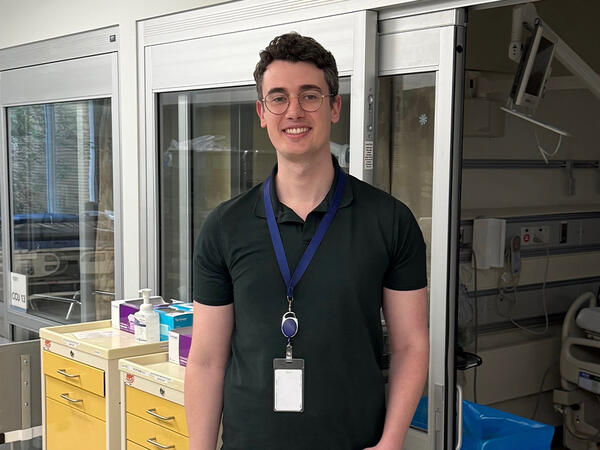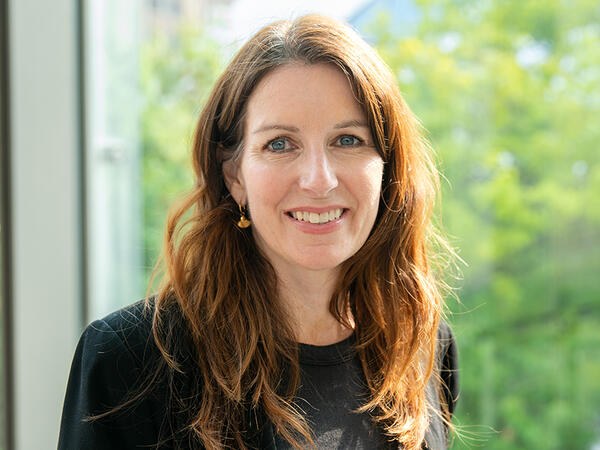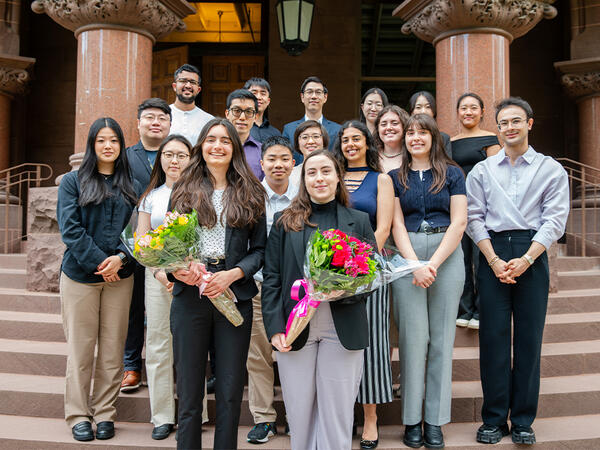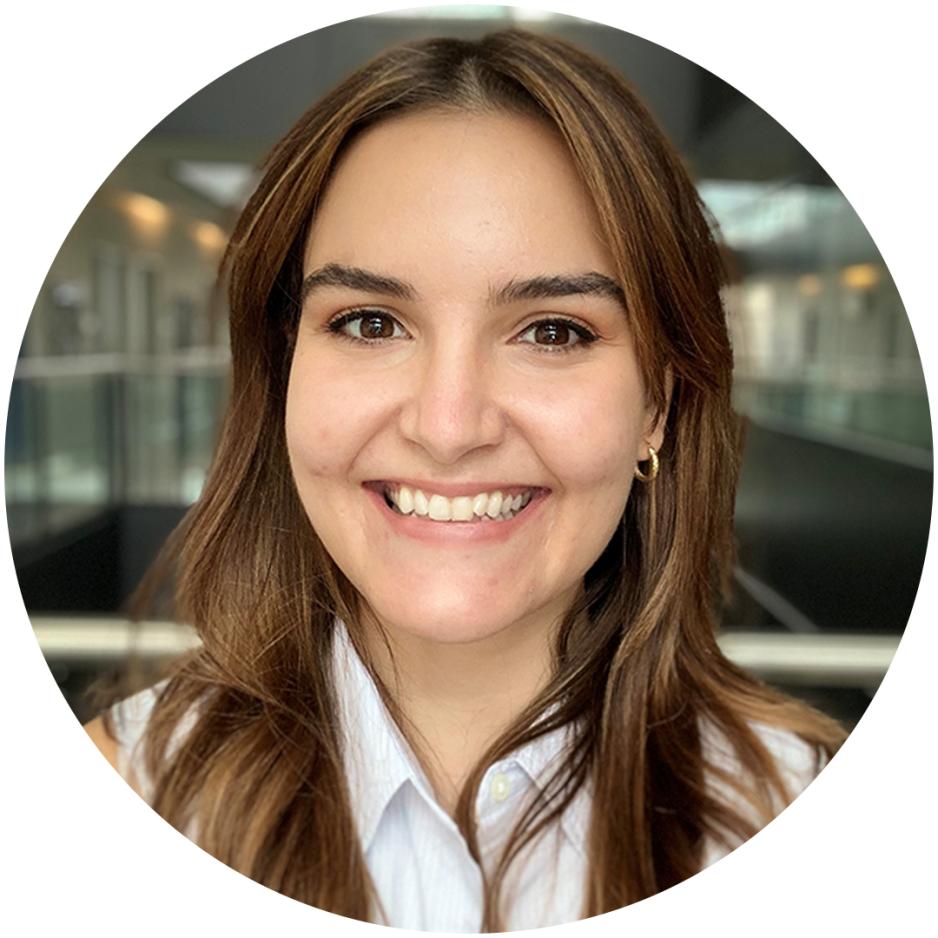What is your academic background and why is this area of research important?
I completed my undergraduate studies in Pharmaceutical Chemistry here at the University of Toronto. During these studies I had the opportunity to complete research projects developing nanomedicines and imaging agents for breast cancer, where I became very interested in targeted cancer therapies. I am currently pursuing my PhD with Dr. Raymond Reilly whose research involves the design of radiopharmaceuticals for cancer diagnosis and treatment. In my research I am developing a theranostic (a combined therapeutic and diagnostic agent) for breast cancer recurrence. Approximately 1 in 8 women will develop breast cancer in their lifetime in Canada, and it represents a significant public health challenge. Residual cancer burden that remains after initial treatment of breast cancer is associated with a higher recurrence risk and poor outcomes. For this reason, novel treatment strategies are needed to address residual disease and prevent this recurrence.
What led you to your current Supervisor’s lab/research group?
I was very interested in Dr. Reilly’s research as it is highly translational, with his research resulting in several radiopharmaceutical agents advanced to clinical trials. Dr. Reilly’s research projects are interdisciplinary bridging fields of radiation, nanomedicine, cancer biology and medical imaging which greatly appealed to me. In particular, I was interested in Dr. Reilly’s research using ultrashort range radiation paired with tumour-specific antibodies to design highly targeted cancer therapies.
What are some of the challenges you had to overcome within your research?
In developing a theranostic for recurrent breast cancers, a particular challenge is testing how effective the therapy is on metastatic disease. This meant developing a model of breast cancer that represented what is experienced clinically. Generating this model had unique technical challenges from developing preclinical surgery protocols to coordinating multiple imaging platforms. I am fortunate to have worked with talented people in Dr. Reilly’s lab and at the STTARR Innovation Centre who were instrumental in meeting the challenges of this project.
How do you see your current research playing a role in your career?
The multidisciplinary nature of this project continues to help me build technical skills and an appreciation for preclinical study design that I plan to apply to a career in research and development of targeted therapeutics.
What do you like to do when you are not working on research?
A great aspect of graduate studies in the Pharmaceutical Sciences program is being a part of motivated and supportive student community. I enjoy participating in outreach activities through the AAPS U of T Student Chapter and organizing events with the Centre for Pharmaceutical Oncology and have found my experiences with these groups to be very rewarding. When I am taking time away from research, I enjoy baking sourdough, spending time with friends and family and finding the best food in Toronto.
More News
Image

Pharmacy alum’s research shows how full-scope practice improves cancer care
Honoured with a national award, Adrian de Boer says his residency experience was a powerful reminder that he's making a meaningful change to the pharmacy profession.
Read More
Image

Pharmacy alum passionate about helping community pharmacists practice to full scope
As a pharmacy leader at Rexall, Heidi Wittke uses frontline experience to lead initiatives that improve patient care
Read More
Image

Bridging Research and Industry: GRIP 2025 highlights innovation and real-world impact
Over 200 attendees from academia, healthcare, and industry gathered last week for the 2025 GRIP symposium, celebrating the depth and diversity of graduate student research.
Read More
